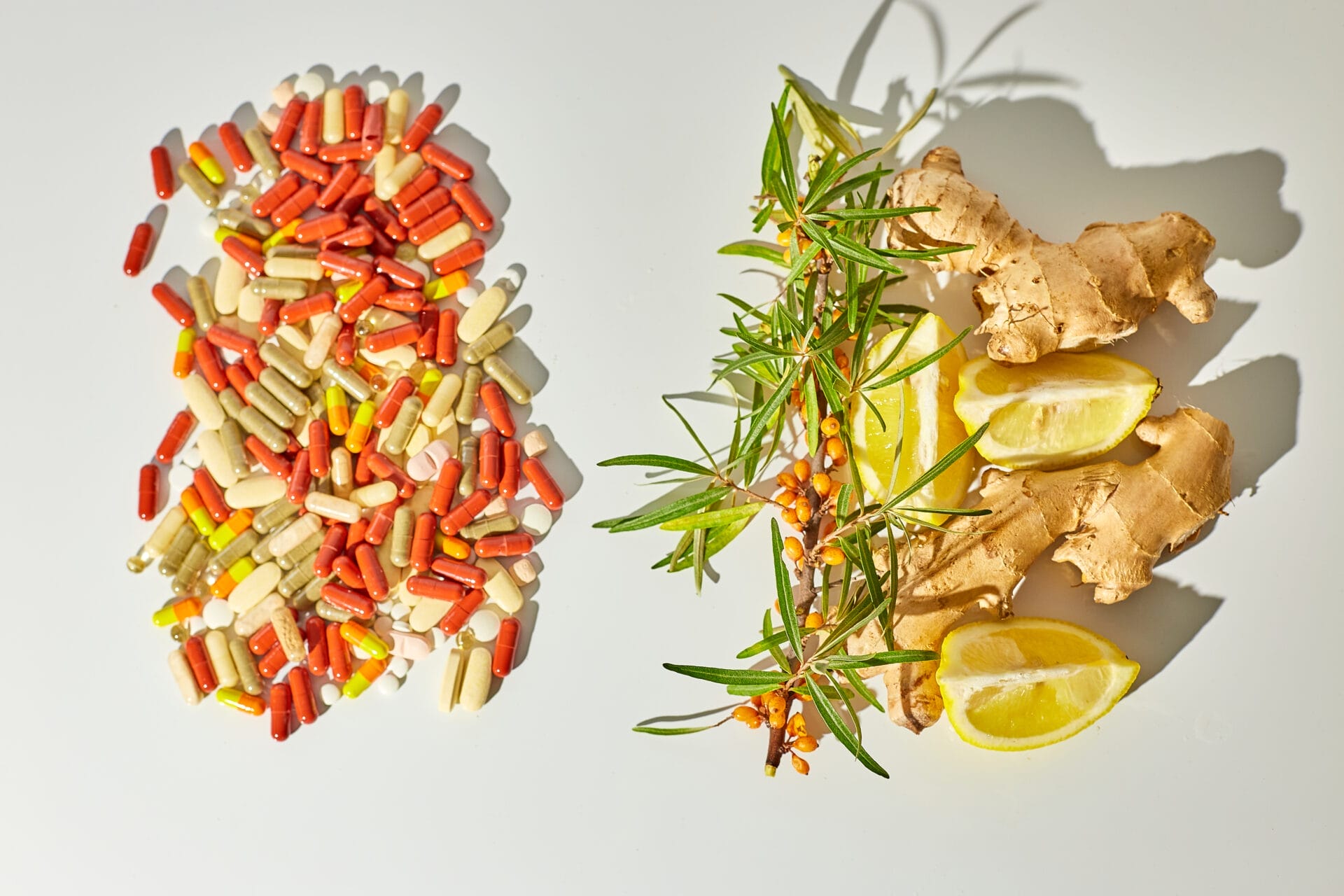How to guarantee you get the essential vitamins and minerals in the right quantities
Vitamins and minerals are as essential as air and water when maintaining life. They can defend you from various ailments and keep your body healthy and functional.
Even while vitamins and minerals are sometimes confused, they are incredibly distinct. Vitamins are organic chemicals created by plants or animals. They are frequently referred to as “essential” because the body cannot produce them (except vitamin D), so they must be obtained from diet.
Minerals are inorganic elements that can be found in rocks, soil, or water when they are present. You can, however, take them in through the environment or an animal that has consumed a specific plant to be absorbed indirectly.

Two types of each
There are two sorts of vitamins: water-soluble, which means that the body excretes what it does not absorb, and fat-soluble, which means that nutrients not absorbed are retained as reserves in the liver and fat cells. In addition to vitamin C, the eight B vitamins (B-1, B-2, B-3, B-5, B-6, B-7, B-9, and B-12) are included in the category of water-soluble vitamins. Vitamins A, D, E, and K are some of the fat-soluble vitamins.
A wide variety of minerals exist, but only a few are essential for optimal health. There are two categories of minerals: major minerals and trace minerals. It is not generally the case that major minerals are more significant than trace ones; nonetheless, it does indicate that there are higher levels in your body.
The top food sources
There are minimum daily doses of vitamins and essential minerals recommended by federal recommendations. Following such a large number of numbers, on the other hand, can be difficult to understand unless you are required to raise your consumption of particular nutrients due to a deficiency or another medical condition.
Incorporating a wide range of nutritious foods into your diet is the most effective method for ensuring you consume a wide range of vitamins and minerals at appropriate levels. To achieve this, it is necessary to emphasize foods such as fruits and vegetables, whole grains, beans and legumes, dairy products, and low-fat protein. The good news is that many common foods contain numerous types of minerals and vitamins, making it simple to fulfill your need for these nutrients through the meals you consume regularly.

Vitamin Sources
Water soluble:
B-1: ham, soymilk, watermelon, acorn squash
B-2: milk, yogurt, cheese, whole and enriched grains and cereals.
B-3: meat, poultry, fish, fortified and whole grains, mushrooms, potatoes
B-5: chicken, whole grains, broccoli, avocados, mushrooms
B-6: meat, fish, poultry, legumes, tofu and other soy products, bananas
B-7: Whole grains, eggs, soybeans, fish
B-9: Fortified grains and cereals, asparagus, spinach, broccoli, legumes (black-eyed peas and chickpeas), orange juice
B-12: Meat, poultry, fish, milk, cheese, fortified soymilk and cereals
Vitamin C: Citrus fruit, potatoes, broccoli, bell peppers, spinach, strawberries, tomatoes, Brussels sprouts
Fat-soluble:
Vitamin A: beef, liver, eggs, shrimp, fish, fortified milk, sweet potatoes, carrots, pumpkins, spinach, mangoes
Vitamin D: Fortified milk and cereals, fatty fish
Vitamin E: vegetable oils, leafy green vegetables, whole grains, nuts
Vitamin K: Cabbage, eggs, milk, spinach, broccoli, kale
Minerals
Major:
Calcium: yogurt, cheese, milk, salmon, leafy green vegetables
Chloride: salt
Magnesium: Spinach, broccoli, legumes, seeds, whole-wheat bread
Potassium: meat, milk, fruits, vegetables, grains, legumes
Sodium: salt, soy sauce, vegetables
Trace:
Chromium: meat, poultry, fish, nuts, cheese
Copper: shellfish, nuts, seeds, whole-grain products, beans, prunes
Fluoride: fish, teas
Iodine: Iodized salt, seafood
Iron: red meat, poultry, eggs, fruits, green vegetables, fortified bread
Manganese: nuts, legumes, whole grains, tea
Selenium: Organ meat, seafood, walnuts
Zinc: meat, shellfish, legumes, whole grains
Although there are circumstances in which supplements may prove beneficial, the most effective method is virtually always to receive necessary vitamins and minerals from whole foods. It is possible to guarantee that your body gets the vitamins and minerals it requires to thrive if you include a wide variety of foods that are rich in nutrients in your diet. For this reason, the next time you are organizing your meals, don’t forget to reach for the abundance that nature has to offer to nourish your body from the inside out.

